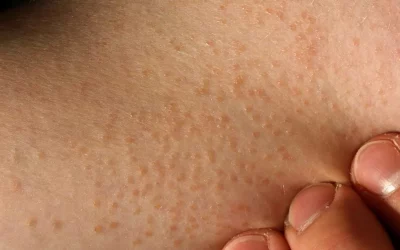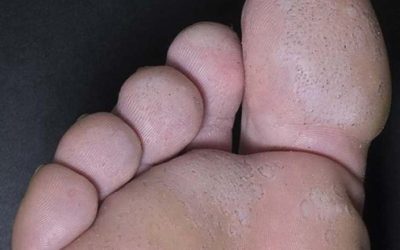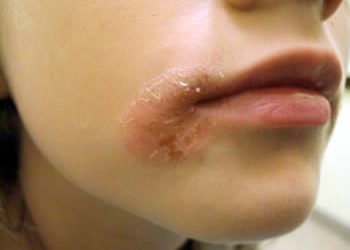Adult acne.
Is acne just a teenage disease?
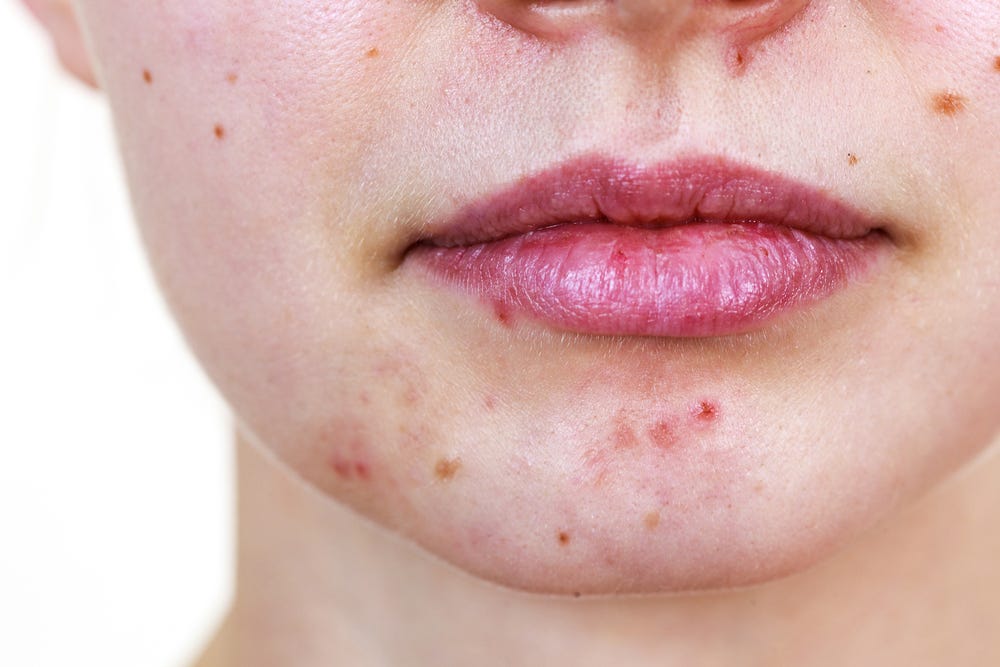
There are three main subtypes of adult acne:
- Persistent acne: the most common type, found in 70-80% of cases, where acne appears in adolescence and continues into later life.
- Late-onset acne: affects 20-40% of women, with acne first appearing at the age of 25 or later.
- Recurrent acne: when acne appears in adolescence, goes away for a while and then flares up again at an older age. This subtype is the least described and thought to be the rarest.
Unlike teenage acne, adult acne has a “U” shape – on the lower jaw, chin and neck. Skin oiliness is less frequent, and sometimes there may be fewer (or no) comedones.
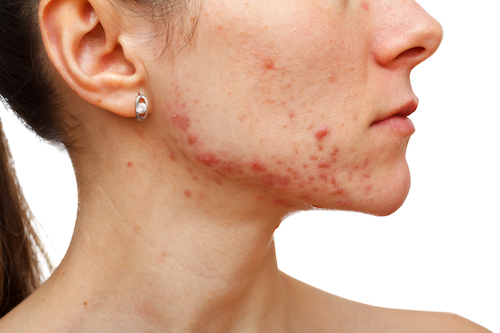
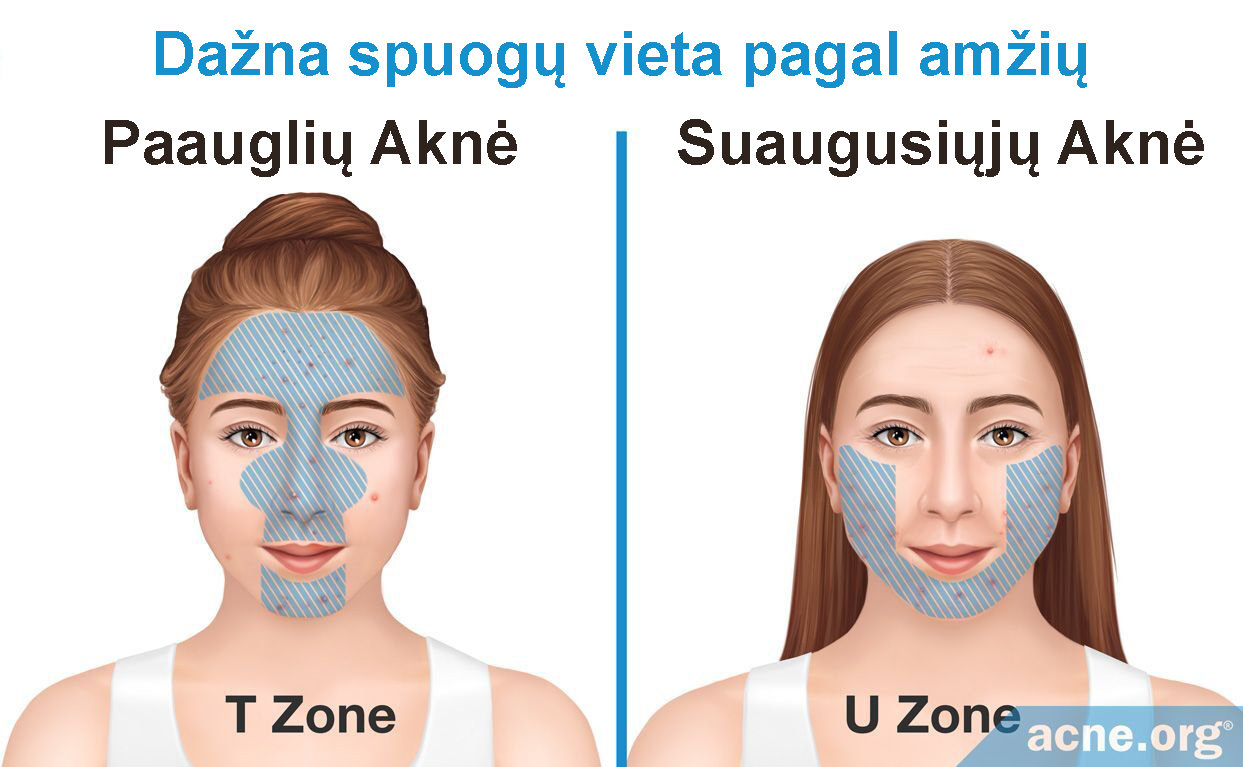
-
- Genetic predisposition
- Diet
- Tobacco use
- Chronic stress
- Cosmetics used
- Medicines
Regardless of the severity of acne, a good daily skincare routine is essential:
-
-
- Non-comedogenic and gentle cleanser (pH 4-6)
- Moisturising cream
- Sun protection
-
There is also a growing body of evidence on the importance of the skin barrier in balancing the skin microbiome.
It is therefore recommended to use moisturising creams to help rebuild the skin barrier and to avoid aggressive, irritating and drying substances.
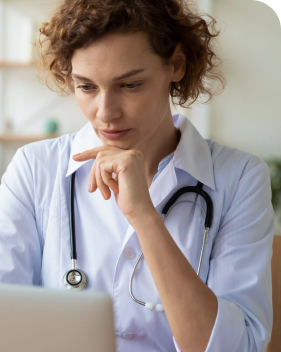
Lichen Nitidus: Causes, Symptoms, and Treatment Options
Lichen nitidus is a rare inflammatory skin condition that causes small, shiny, flat-topped bumps on the skin. While often harmless, treatment can help manage symptoms and improve the skin’s appearance for affected individuals.
Pitted Keratolysis: Causes, Symptoms, and Treatment
Pitted keratolysis is a bacterial skin condition affecting the soles of the feet, causing small pits and a strong odor. Treatment includes antibacterial creams and proper foot care to reduce symptoms and improve skin health.
Angular Cheilitis: Causes, Symptoms, and Treatment Options
Angular cheilitis is a condition that causes painful cracks and inflammation at the corners of the mouth. It can be treated with moisturizers and antifungal or antibacterial creams to reduce symptoms and prevent recurrence.
iDerma
MB iDerma
Fabijoniškės g. 99, Vilnius
+370 670 70 822
[email protected]


